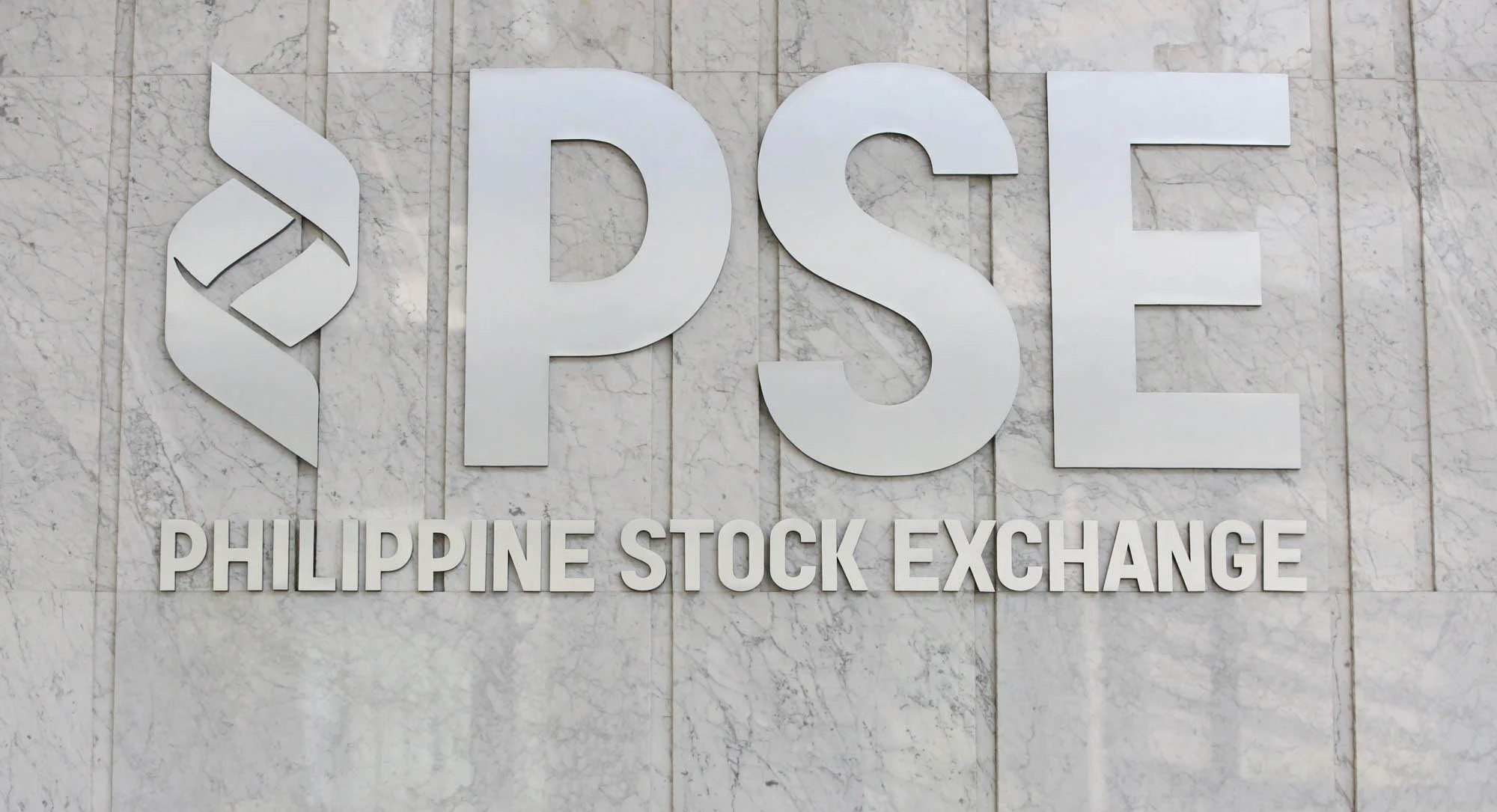
Philippine Stock Exchange, Bonifacio Global City. INQUIRER PHOTO/LYN RILLON
MANILA, Philippines — The stock market’s weakness in 2024 will leave more room for growth this year, with the benchmark Philippine Stock Exchange Index (PSEi) poised to close around the 7,600 level.
First Metro Securities Brokerage Corp. and Singapore’s DBS Bank, in their latest market report, noted that the local bourse’s fall from its peak allowed opportunities to increase exposure in Philippine equities.
According to them, the market currently has low valuations, while equity risk premium (ERP) is at 5 percent, implying that investors are cautious about buying stocks at a high price amid lingering risks.
READ: Asia stocks up as ‘Santa Rally’ persists
A higher ERP also indicates elevated risk conditions, including economic uncertainties.
Article continues after this advertisement
Still, First Metro-DBS pointed out that there may be room for this risk to shrink in 2025, particularly due to a “stronger” economic growth path.
Article continues after this advertisement
At the same time, low valuations tend to make the market more attractive, as investors tend to buy stocks at a lower price to lock in gains later on.
“We expect the business cycle to transition to the early recovery phase in 2025, with our DBS economist projecting 5.8 percent GDP (gross domestic product) growth [in 2025],” they said.
This projection is hinged on the projected disinflation and monetary policy easing that could both spur a recovery in household consumption.
Domestic Demand
Higher domestic demand will also lift the earnings of Philippine corporations enough for an average double-digit growth in the next year, according to First Metro-DBS.
“Favorable base effects and the fading impact of tight monetary policy conditions should keep [operating expenses] and financing costs subdued, thus, leading to margin expansion,” they said.
While a second Donald Trump presidency also poses risks, First Metro-DBS pointed our that the country was more domestically driven rather than export-dependent.
Experts have said that Trump’s so-called protectionist policies—tax cuts and import tariff hikes—may hurt equities across the globe.
However, First Metro-DBS previously noted that the Philippines’ position as one of the United States’ strongest allies may shield it from the impact of another Trump administration.
Although both the US Federal Reserve and the Bangko Sentral ng Pilipinas (BSP) both projected “shallower than expected” rate cuts for 2025, First Metro-DBS argued that this was not necessarily negative.
“Drawing from past easing cycles, we note that more aggressive easing has led to significant underperformance of the Philippine equities market,” they said.
“This stems from the countercyclical nature of monetary policy, where sustained economic weakness will warrant more policy support from central banks,” they added.
The BSP slashed the benchmark rate for overnight borrowing by a total of 75 basis points (bps) to 5.75 percent in 2024, marking its first easing cycle in nearly four years.
In 2025, cumulative rate cuts are expected to be at 75 bps from 100 bps previously.











